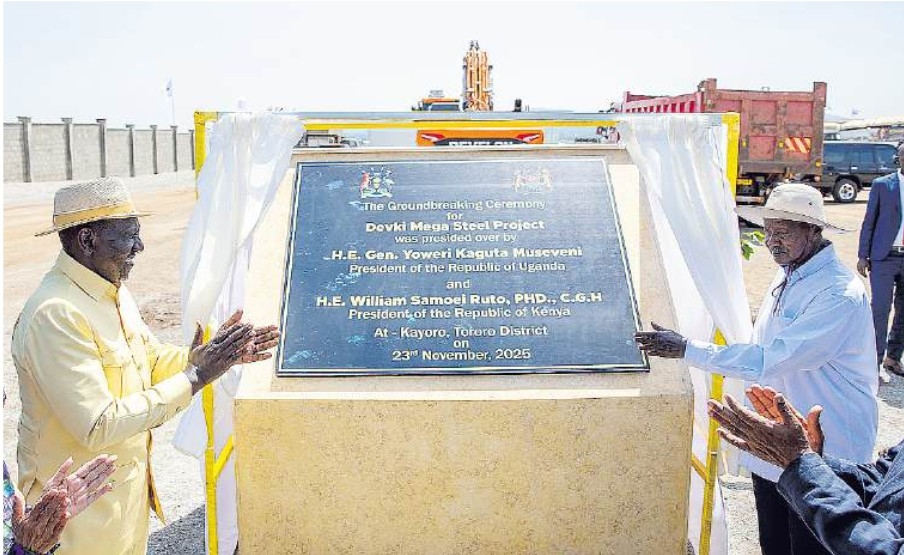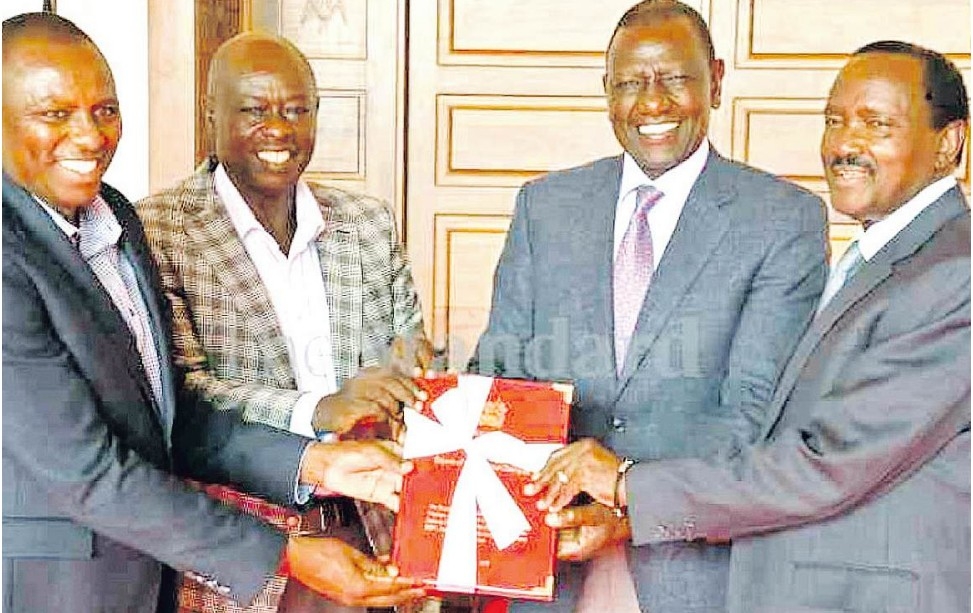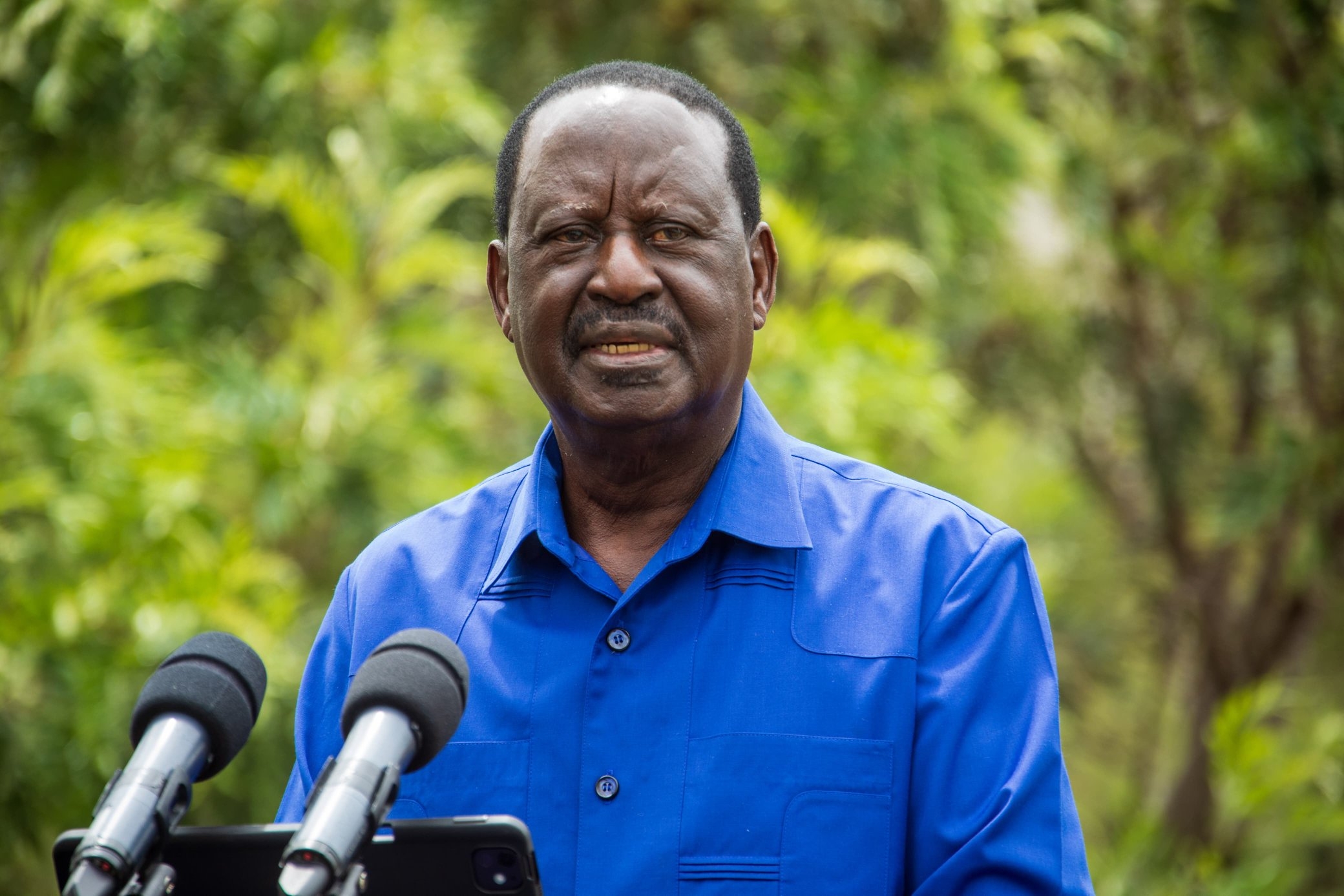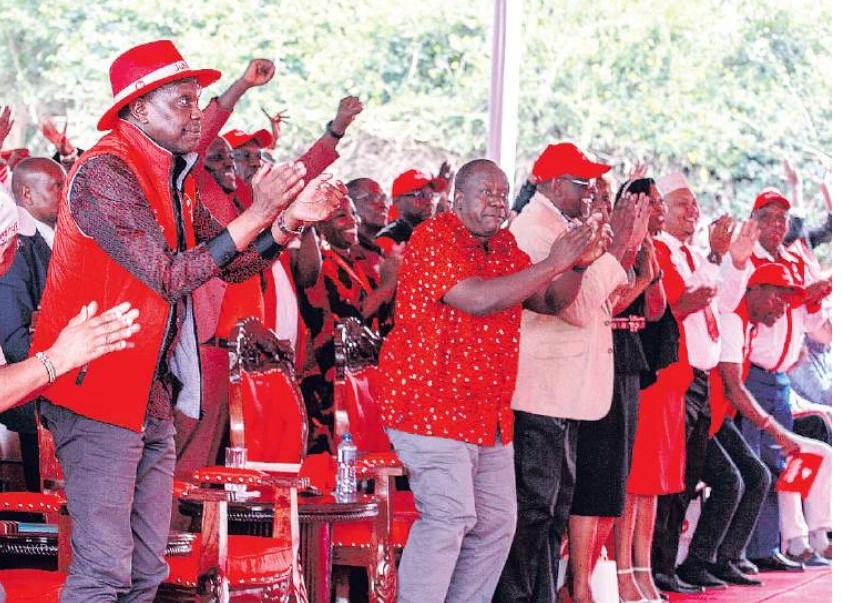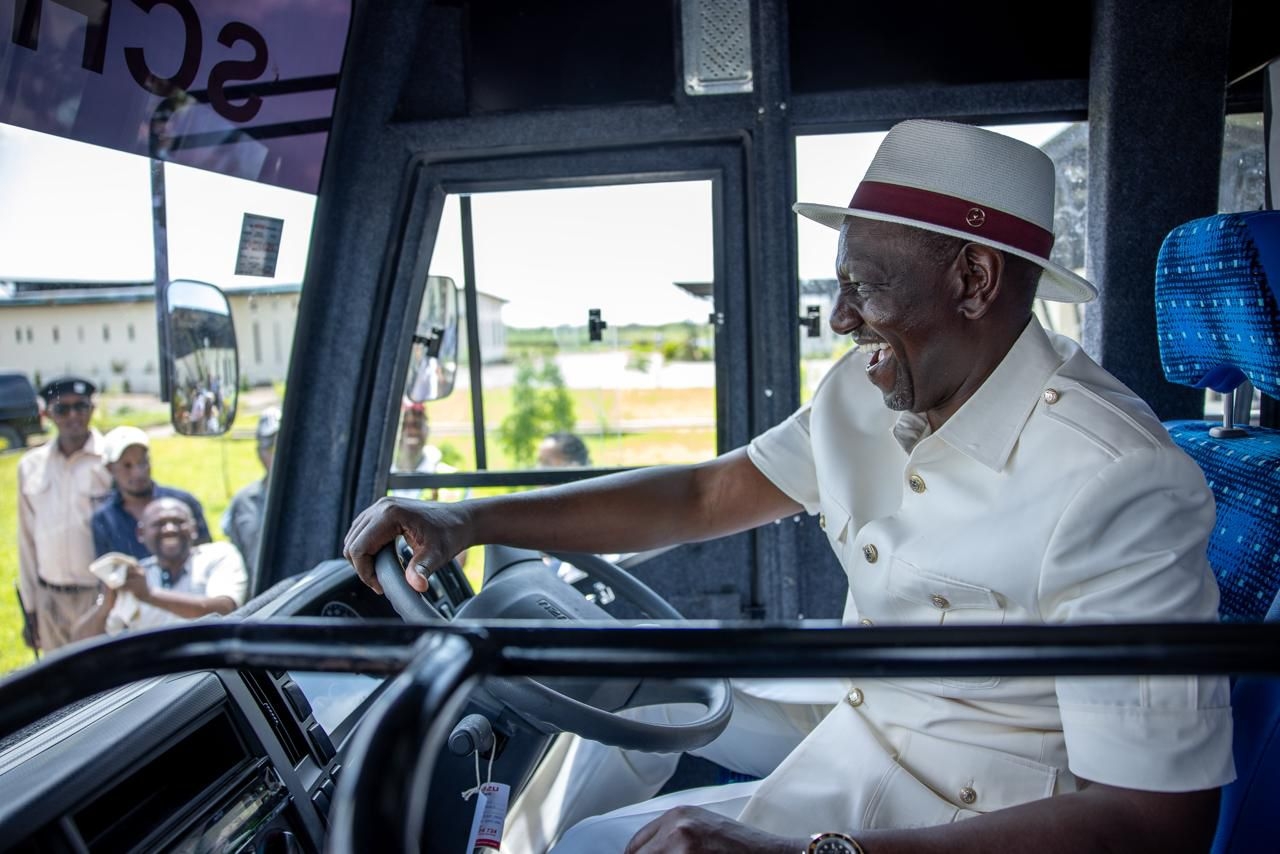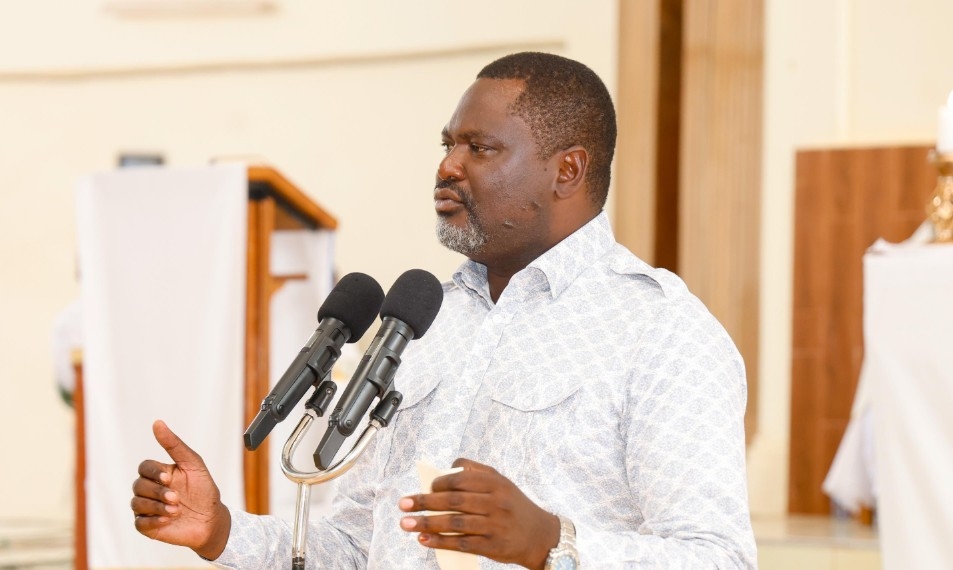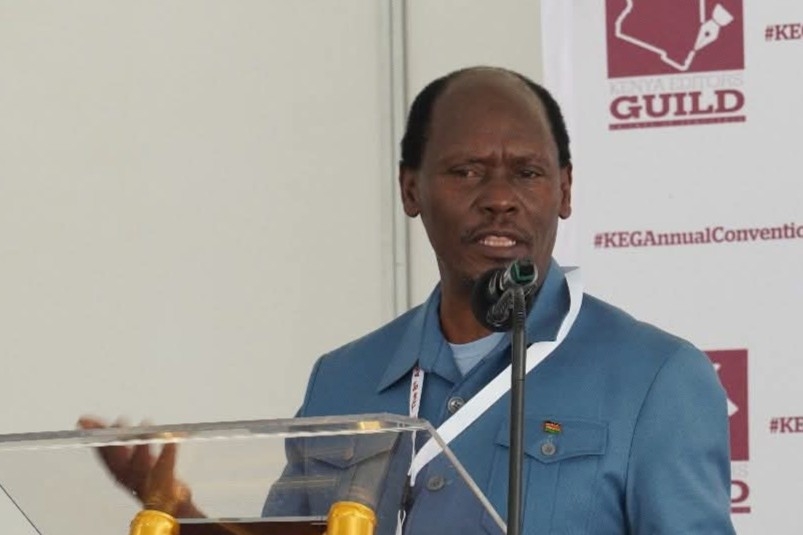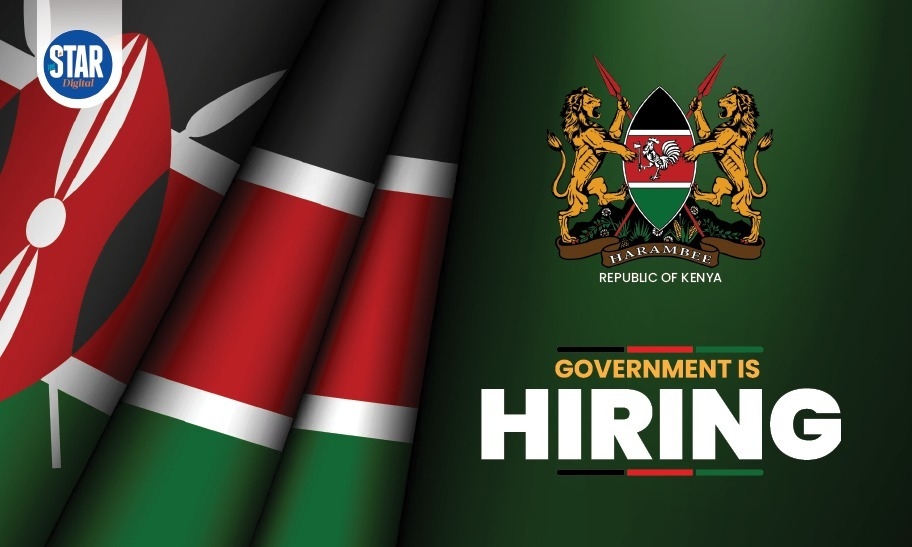In a nation where the matatu industry serves as the lifeblood of public transportation, the role of the Matatu Owners’ Association (MOA) president is crucial.
Albert Karakacha is marking his one-year anniversary in office, and it is an opportune moment to reflect on his tenure.
From navigating regulatory challenges to advocating for the rights of the matatu operators, Karakacha’s leadership has been instrumental in shaping the future of the industry.
He has also made strides in improving the welfare of matatu operators by advocating for fairer regulations and working conditions.
Additionally, his tenure has been marked by efforts to enhance the safety and reliability of public transport, introducing measures to reduce road accidents and ensure compliance with traffic laws.
The Star: Reflecting on your first year in office, what would you consider your biggest achievements?
Albert Karakacha: When I was elected into office, I promised the matatu people that I would work hard to see how we can change the industry, and over the last one year, we partnered with many state agencies.
We are now working well with police traffic and the NTSA on matters concerning road safety.
We have been to most parts of the country, trying to advocate for road safety and sensitise drivers and the owners on how to behave on the roads. And to me, I believe we have succeeded in it.
As MOA, we have also reached out to saccos who are our members, and most of them have accepted what we are doing and are now supporting us in ensuring we get change in the transport sector.
We have also had discussions with other stakeholders, including petroleum companies, on the need to have good fuel because we all know the effects of using adulterated fuel on vehicles.
What challenges have you faced during your first year?
Driver training has been one of the major challenge because as you may be aware, we are just there as an association.
Our proposal to the government has been on how we can start a driving school for public service vehicles.
For the last 60 years, we have never had such a training school, and we have been urging the government that if we want to create more employment, we need to see how we can set it up.
It will go a long way in helping our drivers and conductors, who are all our brothers and sisters and need to be supported.
How have you addressed the concerns of matatu owners and operators since taking office?
We listen a lot to them, and anytime we get a complaint concerning the traffic police or NTSA, we talk to them so that we can address the matters amicably.
Can you share any success stories or initiatives that have positively impacted the matatu industry?
Road safety remains our success so far, but we still need to focus more on it because if we can support it, we then we are going to support our investment.
We have conducted road safety clinics in most counties, and this has really helped to stop crackdowns of matatus on the roads.
Such crackdowns are not good at all since it sometimes results in corruption between parties involved.
During such campaigns, we also sensitise drivers and conductors on the need to avoid drink driving and excess passengers and luggage.
We do this in partnership with the police, and we are currently looking for more partners to support us.
How has the association worked to enhance the image and reputation of matatus in the country?
The establishment of a credible leadership within our organisation is a crucial step towards empowering saccos through a strategic approach to staffing.
Our leadership team is meticulously selected based on their proven abilities to foster growth and efficiency within the operational framework of saccos.
Central to our strategy is the competitive recruitment of operational staff, including inspectors and managers.
This process ensures that individuals with the right expertise and dedication are placed in key roles to drive effective management and operational excellence.
Do you have any collaborations with the government or other stakeholders aimed at improving the matatu sector?
We have forged close collaborations with key stakeholders, including the national government, NTSA and county governments, to prioritise and address road safety concerns comprehensively.
By working hand-in-hand with these entities, we aim to implement policies and initiatives that enhance safety standards across the matatu sector.
Our partnership with the national government ensures alignment with overarching transportation regulations and guidelines.
Additionally, our engagement with the counties helps us to address unique road safety challenges faced in those regions.
What are your thoughts on the current regulatory environment for matatus? Any significant changes or proposed reforms?
We are encouraging the owners of matatu saccos to join the portal and also implementing cashless payment that would help tame corruption and revenue leakage.
Apart from his, we are also prioritising the transition from fossil fuel-powered vehicles to electric ones to mitigate our environmental footprint and contribute positively to climate change mitigation efforts.
By embracing cleaner energy sources, we aim to reduce emissions and promote sustainability within the transportation sector, aligning with global environmental goals.
These initiatives underscore our commitment to modernising operations while fostering a greener and more efficient matatu industry for the future.
What are your main goals and priorities for the next year?
In the next one year, we intend to enhance the issue of road safety and bolster customer care and behaviour change.
With each mile, we pledge to enhance awareness, nurturing a culture where caution meets compassion.
This mission transcends mere policy; it is a promise etched in every interaction, every road sign and every heartbeat of our commitment to a safer tomorrow.
How do you envision the matatu industry evolving in the next five years?
We intend to have a credible transport industry that would cater for all and embrace passengers with exclusivity.
Through collaboration, we pave the way for a transport network where every seat tells a story of aspiration fulfilled and every destination embodies promise and possibility.
We envision pathways where every journey sparks opportunity, igniting employment prospects for our youth.
Is there any message you would like to convey to MOA members and the public at large?
There is a need to foster unity in the industry among all the players that will encourage generation of more revenue and strive for a united voice.
Care for customers and embracing road safety is a critical component in day-to-day operations.






![[PHOTOS] Ruto present as NIS boss Noordin Haji's son weds](/_next/image?url=https%3A%2F%2Fcdn.radioafrica.digital%2Fimage%2F2025%2F11%2Ff8833a6a-7b6b-4e15-b378-8624f16917f0.jpg&w=3840&q=100)

